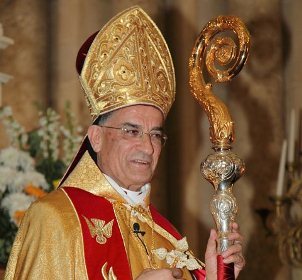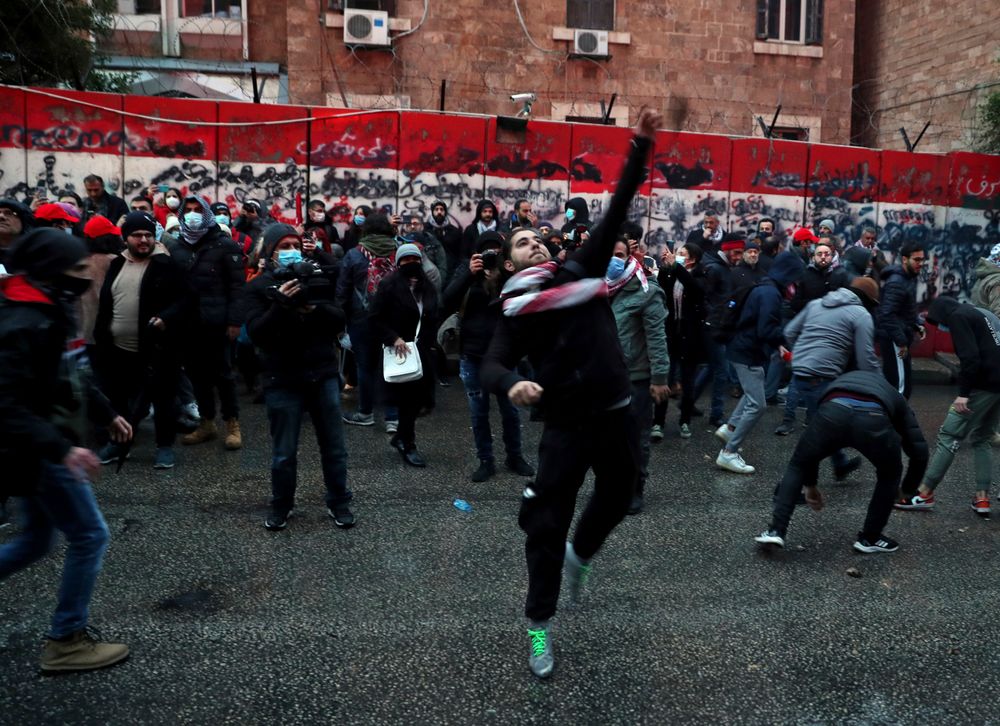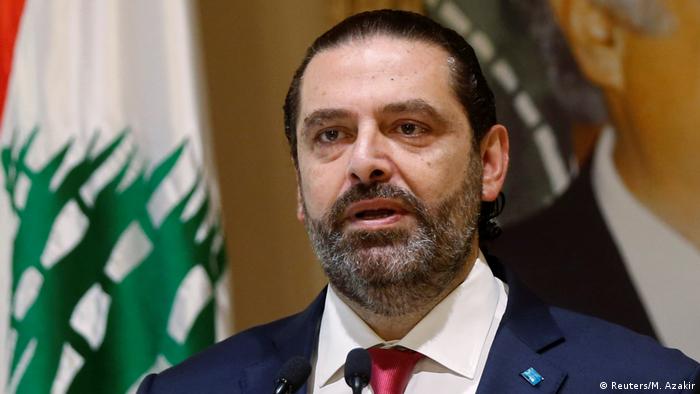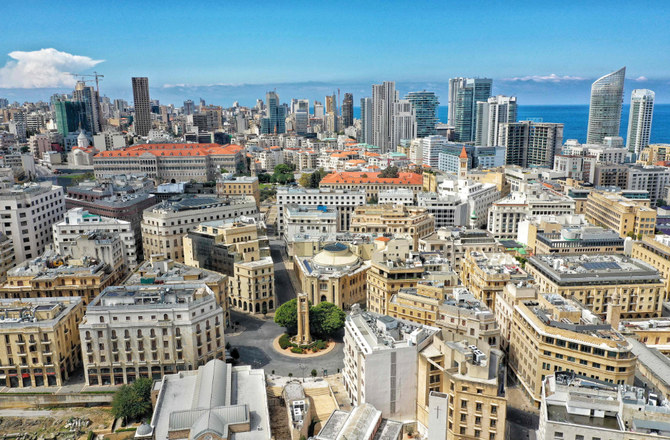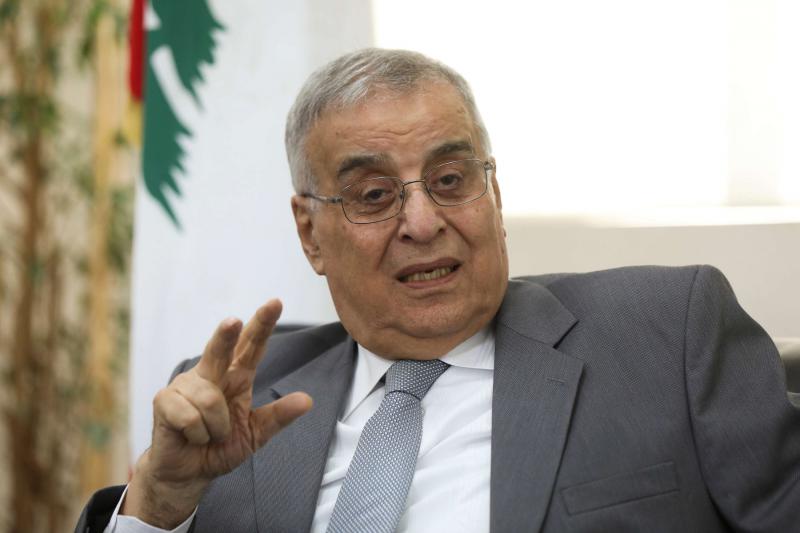
By Laila Bassam BEIRUT (Reuters) – Lebanon’s foreign minister said he was not going “to hand over” Hezbollah’s weapons during a meeting this weekend with Gulf Arab counterparts that want Beirut to rein in the Iran-backed Lebanese Shi’ite group in exchange for improved ties. In a nod to Gulf concerns, Lebanon will however say that the country will not be “a launchpad for activities that violate Arab countries,” according to sources familiar with a draft government letter responding to Gulf terms for improved ties. Lebanon is due at the meeting in Kuwait on Saturday to deliver its response to the terms for thawing relations, which have suffered as the heavily armed Hezbollah has grown more powerful in Beirut and the region. “I am not going (to Kuwait) to hand over Hezbollah’s weapons. I am not going to end Hezbollah’s existence, it is out of the question in Lebanon. We are going for dialogue,” Lebanese Foreign Minister Abdallah Bou Habib told Al Jazeera.
Hezbollah supports Iran in its regional struggle for influence with U.S.-allied Gulf Arab states, which say the group has aided the Iran-aligned Houthis who are fighting a Saudi-led coalition in Yemen. Founded by Iran’s Revolutionary Guards in 1982, Hezbollah has a militia more powerful than Lebanon’s army and has backed pro-Iran allies in the region, including Syria. The group and its allies also exercise major sway over Lebanese state policy.



